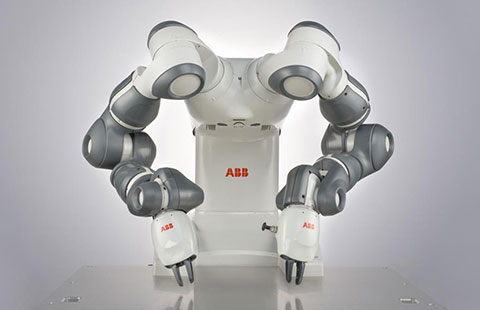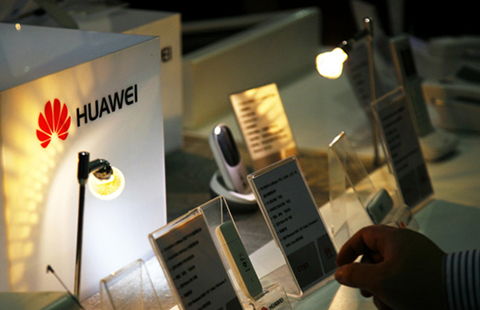Resumption of public floats spark volatility on bourses
By Li Xiang (China Daily) Updated: 2015-12-01 10:39Some investors opt to sell existing holdings to bet funds on new listings
Initial public offerings resumed on Monday amid volatile trading that sparked worries about another market plunge.
After a four-month freeze, industrial explosives manufacturer Hubei Kailong Chemical Group Co Ltd became the first of 28 companies that had their IPOs suspended during the summer market rout to offer shares to investors, in its case on the Shenzhen Stock Exchange.
Another seven IPOs will be launched on Tuesday, while 10 other companies have also been given regulatory approval to issue new shares, after the securities regulator resumed reviewing IPO applications on November 18.
Analysts have said the 28 IPOs are likely to be the last chance for investors to gain high and almost risk-free returns, by investing in new shares before the implementation of the new IPO rules next year that will scrap the deposit requirement for new shares-a move expected to dramatically reduce the chances of even getting an IPO allocation.
The IPO resumption weighed on the Chinese stock market, however, as some investors opted to sell existing holdings to bet their funds on the IPOs.
The benchmark Shanghai Composite Index tumbled as much as 3.2 percent during intraday trading, before rebounding to close at 3445.41 points, largely due to a strong performance by large-cap banking and property shares.
The blue-chip rally during afternoon trading prompted speculation the government may have intervened to stem the market decline.
"There is no need for investors to panic or overreact as we believe that the market will keep rising. But short-term volatilities will increase," said Wang Yi, an analyst at Great Wall Securities.
A government investigation into major securities brokerages, including the country's largest securities firm CITIC Securities for possible malpractice in margin trading, triggered a market sell-off on Friday. The benchmark index tumbled 5.48 percent, the biggest single-day loss since the market rout in August.
To curb potential risks, the regulator also halted certain equity swaps, an over-the-counter derivative business, at securities firms as some had been accused of using the process to illegally offer margin-trading business to clients to evade detection.
"The regulatory move revealed the government's intent to stabilize the market," Zhang Xiaochun, an analyst with Guolian Securities, said in a research note.
"It may weigh on investor sentiment in the short-term but it could be beneficial to the market in the long run."
- Headhunter seeking $62.6 million on ChiNext
- China to cut red tape to encourage entrepreneurship
- Ningbo to host two key trade summits
- New working group formed to push trading, clearing of China's currency in the US
- China's central bank welcomes inclusion of RMB in SDR basket
- China's central bank welcomes inclusion of RMB in SDR basket
- China's non-manufacturing activity picks up in November
- China manufacturing PMI dips in November

















